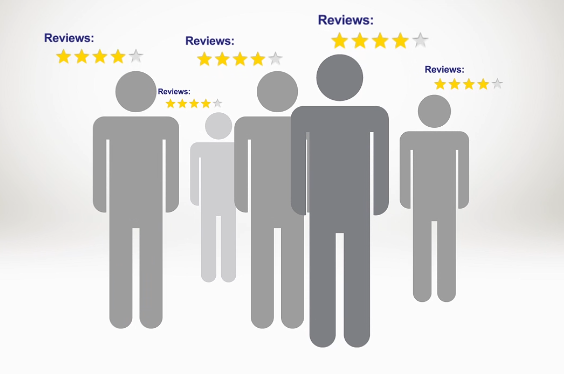The Value Of Board Certification In Cosmetic Medicine?
/
Is it better and safer to get Botox injected by a family physician who has been injecting patients for 15 years or a newly graduated plastic surgeon who just finished his residency last week?
In Cosmetic Surgery, the term "Board Certified" is the most highly used term for marketing purposes today. Thirty years ago, many doctors were "Board Eligible" or non boarded and their value came from their training and their experience and their expertise, not just a label. Today, doctors are expected to be board certified in something. That something is the topic of heated battles and debates and many of our colleagues are just as confused about it as are our patients and the public and the media. Insurance companies and third party payor and even hospitals require board certification and may use it for determining reimbursement.
The American Board of Plastic Surgery (ABPS) and The American Board of Facial Plastic Surgery (ABFPRS) have had many decades of heated nasty all out warfare. For the most part, on the surface at least, the war is over but small battles and skirmishes are still waged amongst these two specialties here and there around the country. But cosmetic surgery is no longer being offered purely by Plastic Surgeons or Facial Plastic Surgeons, Oculoplastic surgeons, Oral surgeons, otolaryngologists, & dermatologists are a significant part of the cosmetic surgery providers. More over, family physicians, ER doctors, Radiologists, OBGYNs, and other doctors whose specialty is not traditionally associated with cosmetic surgery are now the fastest growing population of cosmetic surgery providers with Botox and fillers and lasers as their entry to the more involved mini facelifts and blepharoplasties and liposuction. The American Board of Cosmetic Surgery and the American Board of Laser Surgery has given this large heterogonous group of non-cosmetic surgeons an umbrella to gather under and a label to use for marketing and validation.
The American Board of Plastic Surgery and The American Board of Facial Plastic Surgery have now joined forces in order to "protect the public" and inform the media and public about the lack of proper residency or fellowship training by many of these new non traditional providers. Protecting the public is a noble endeavour and a great cause but I ask who is going to protect the public from less inept members of the American Board of Plastic Surgery and the American Board of Facial Plastic Surgery? There is no doubt that the vast majority of poor cosmetic surgery with bad outcomes are being performed by Board Certified doctors, most of which are actually certified by these two esteemed Boards (ABPS and ABFPRS).
Then what is the true value of "board certification" and how will the public be protected? We must police and control our own profession as a whole before we are controlled by outside forces. In Ontario Canada, a deal between the society of Plastic Surgeons and the Department of health posed a new regulation where no one other than a plastic surgeon could use the term "plastic surgery" in their advertising! So, is it better and safer to get Botox injected by a family physician who has been injecting patients for 15 years or a newly graduated plastic surgeon who just finished his residency last week or even from a nurse who works at a plastic surgeons office? This is a tough question that needs to be answered by us doctors before it gets settled for us by external forces.






